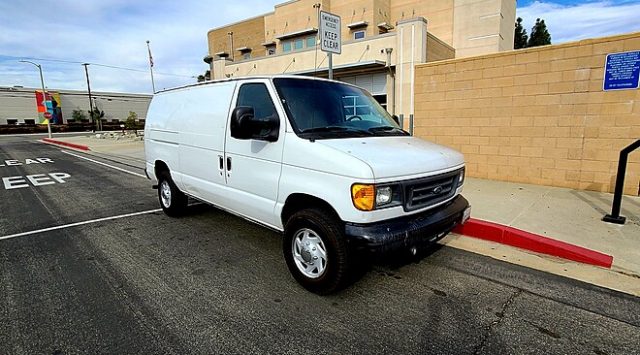US – The Drug Enforcement Administration today announced an important step to improve access to medications for opioid use disorder, especially in rural areas where those suffering from opioid use disorder may have limited treatment options.
Under the final rule published today, DEA registrants who are authorized to dispense methadone for opioid use disorder would be authorized to add a “mobile component” to their existing registration – eliminating the separate registration requirement for these mobile narcotic treatment programs (NTPs). This will streamline the registration process and make it easier for registrants to provide needed services in remote or underserved areas. The rule also outlines the reports and records that shall be maintained for NTPs that wish to expand the reach of their treatment programs by use of mobile components.“In the United States, we have been facing an opioid epidemic for more than a decade,” said DEA Assistant Administrator for Diversion Control Tim McDermott. “We are losing tens of thousands of Americans per year to opioid-involved overdoses. The Administration, DOJ, DEA, HHS, among many others, are squarely focused on efforts to improve the use of medication-assisted treatment in order to reduce overdose deaths and help those with opioid-addictions recover. Today’s action sends a very important message that we support the use of medication-assisted treatment for opioid use disorder and are using all the tools at our disposal to make treatment options available to anyone in need of them, anywhere in the country.”
“Today’s action by the DEA will improve access to life-saving medication for opioid use disorder, especially for those in underserved communities who face barriers to treatment,” said Acting Director of National Drug Control Policy Regina LaBelle. “This new rule is a significant step forward that supports the Biden-Harris Administration’s drug policy priorities, including expanding access to evidence-based treatment and advancing racial equity in our approach to drug policy.”
According to the Centers for Disease Control, provisional data indicate that there were more than 67,500 reported overdose deaths attributed to opioids during the 12-month period ending in November 2020. This accounts for approximately three quarters of all drug overdose deaths in the United States.The demand for evidence-based medication-assisted treatment for substance use disorders, including opioid use disorder, has increased over the years, especially for services provided by NTPs. In certain areas of the country – particularly rural, urban, and Tribal communities – this has resulted in long waiting lists and high services fees. In addition, the distance to the nearest NTP or the lack of consistent access to transportation in rural and underserved communities may prevent or substantially impede access to these critical services.
Methadone is one of three FDA-approved medications for opioid use disorder. There are more than 1,900 narcotic treatment program locations across the country, including opioid treatment programs, withdrawal management services that utilize methadone, and compounders.
This final rule builds on existing experience and provides additional flexibility for NTPs in operating mobile components, subject to the regulatory restrictions put into place to prevent the diversion of controlled substances.
For more information, the final rule is available here.https://lnks.gd/…/eyJhbG…/s/1303721328/br/108515365866-l










